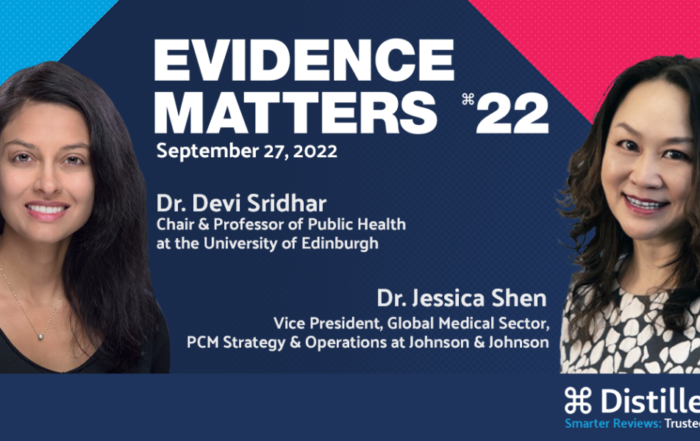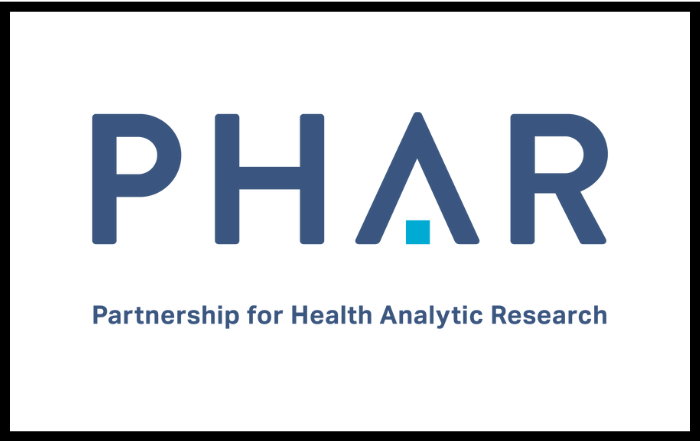As outlined in the 21st Century Cures Act, one of the key initiatives of the US Food and Drug Administration (FDA) is the advancement of patient-focused drug development (PFDD). To this end, the FDA has released a series of four methodological guidance documents to facilitate systematic approaches to collecting and using meaningful patient and caregiver input to inform medical product development and regulatory decision making. The fourth guidance includes a section on meaningful within-patient change (i.e., improvement and/or deterioration from the patient’s perspective) and how it can be assessed by clinical outcome assessments (COAs). In this webinar, we will discuss the relevance of PFDD, and specifically meaningful change, to stakeholders and the methods used to define it.
Discussion Points
In this webinar, we will discuss:
- An overview of PFDD, including the history and current status as it relates to clinical outcome assessments
- How clinical and/or biomarker endpoints may be used in clinical studies, but what considerations are there for the selection of patient-reported endpoints? How do you choose a measure?
- What should be measured from the patient’s perspective in a clinical study, and how do you know what concepts are relevant to patients and other stakeholders?
- Current guidance on methods to ascertain meaningful change
Key Learning Objectives
Attendees of this webinar will understand:
- The relevance of PFDD and why sponsors are being asked to include clinical outcome assessments in their product development clinical trials
- What constitutes a meaningful change from the patient’s perspective
- The current FDA-advised approach for ascertaining meaningful within-patient change
Click here for additional information and registration details.



